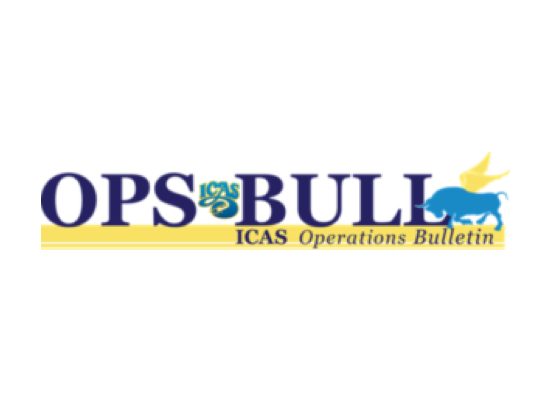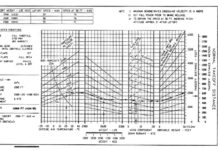In 2008, ICAS performers experienced at least four engine-related mechanical failures which could have been catastrophic. Two were during shows. Two were on cross country flights. And those are the ones we know about, the ones you shared so we could all learn something that might help should the same thing happen to us.
2009 is turning out to be far more troublesome. We’ve had oil line problems already discussed in the Ops Bull. We’ve had canopy separations and latch failures, fuel system malfunctions, landing gear and control surface problems. The list goes on. Just about everything that can wrong is going wrong…to one of us and — in some cases — more than one of us.
Although there is still much work to be done, two things have already come out of our initiative to change the culture of air show safety.
The first is communication. You are sharing your experiences and your troubles. When you pass along information about a problem or mechanical failure to Dan Hollowell at ICAS, he is able to keep track of what is happening. Talking to Dan is a convenient and simple way for you to share that information – in a productive and helpful way – with everybody in the business. When one person experienced an oil line failure, it was a problem. When two people had the same failure, it was a trend that Dan looked into further. When three people reported the problem, it received immediate action in the form of an Ops Bull article so anyone else using that particular product would know what happened and how it could be prevented. Think of it as an ICAS Service Bulletin.
Please keep Dan in the loop. He is the guy who can keep his mouth shut when he needs to and can get the information out when the situation calls for it. His e-mail address is hollowell@airshows.aero. His cell phone number is 317-217-0668.
The second thing that has come out of the culture change regarding these mechanical problems is the trend. More than most folks can remember, 2009 is producing an inordinate number of mechanical failures. It may be that it is just that we are talking more, but — even if that is the case — we need to pay close attention.
We ride these horses hard, as we should, but even the best horse can throw a shoe on rough terrain. Our aircraft are built tough to do a tough job. We keep them in the hangar to protect them, but that doesn’t mean things aren’t wearing out or coming loose.
Take the time to do more than that same old walk-around. Spend some time with your airplane, quietly in the hangar. Check those attach points, the fuel line fittings and cable swags. Take a long look at your harness, the flying wires and fuel tank straps. You knew your airplane was in top shape when the season started. Can you say the same thing five months later?








